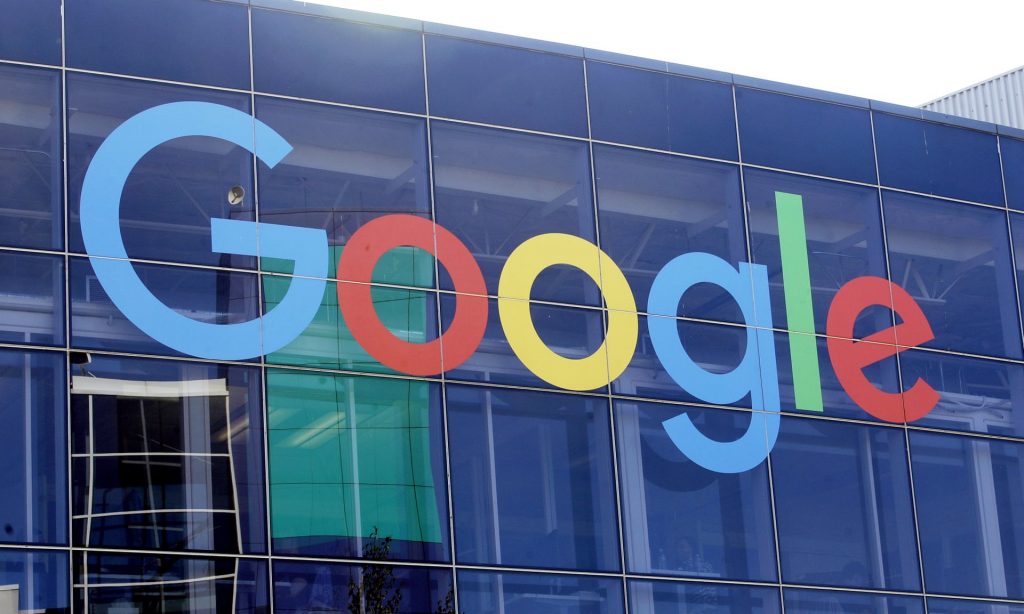
Google this year moved to tighten control over its scientists’ papers by launching a “sensitive topics” review, and in at least three cases requested authors refrain from casting its technology in a negative light, according to internal communications and interviews with researchers involved in the work.
Google’s new review procedure asks that researchers consult legal, policy and public relations teams before pursuing topics such as face and sentiment analysis and categorizations of race, gender or political affiliation, according to internal webpages explaining the policy.
“Advances in technology and the growing complexity of our external environment are increasingly leading to situations where seemingly inoffensive projects raise ethical, reputational, regulatory or legal issues,” one of the pages for research staff stated. Reuters could not determine the date of the post, though three current employees said the policy began in June.
Google declined to comment for this story.
The “sensitive topics” process adds a round of scrutiny to Google’s standard review of papers for pitfalls such as disclosing of trade secrets, eight current and former employees said.
For some projects, Google officials have intervened in later stages. A senior Google manager reviewing a study on content recommendation technology shortly before publication this summer told authors to “take great care to strike a positive tone”, according to internal correspondence read to Reuters.
The manager added, “This doesn’t mean we should hide from the real challenges” posed by the software.
Subsequent correspondence from a researcher to reviewers shows authors “updated to remove all references to Google products.” A draft seen by Reuters had mentioned Google-owned YouTube.
Four staff researchers, including the senior scientist Margaret Mitchell, said they believe Google is starting to interfere with crucial studies of potential technology harms.
“If we are researching the appropriate thing given our expertise, and we are not permitted to publish that on grounds that are not in line with high-quality peer review, then we’re getting into a serious problem of censorship,” Mitchell said.
Google states on its public-facing website that its scientists have “substantial” freedom.
Tensions between Google and some of its staff broke into view this month after the abrupt exit of scientist Timnit Gebru, who led a 12-person team with Mitchell focused on ethics in artificial intelligence software (AI).
Gebru says Google fired her after she questioned an order not to publish research claiming AI that mimics speech could disadvantage marginalized populations. Google said it accepted and expedited her resignation. It could not be determined whether Gebru’s paper underwent a “sensitive topics” review.
Jeff Dean, Google‘s senior vice-president said in a statement this month that Gebru’s paper dwelled on potential harms without discussing efforts under way to address them.
Dean added that Google supports AI ethics scholarship and is “actively working on improving our paper review processes, because we know that too many checks and balances can become cumbersome”.



























